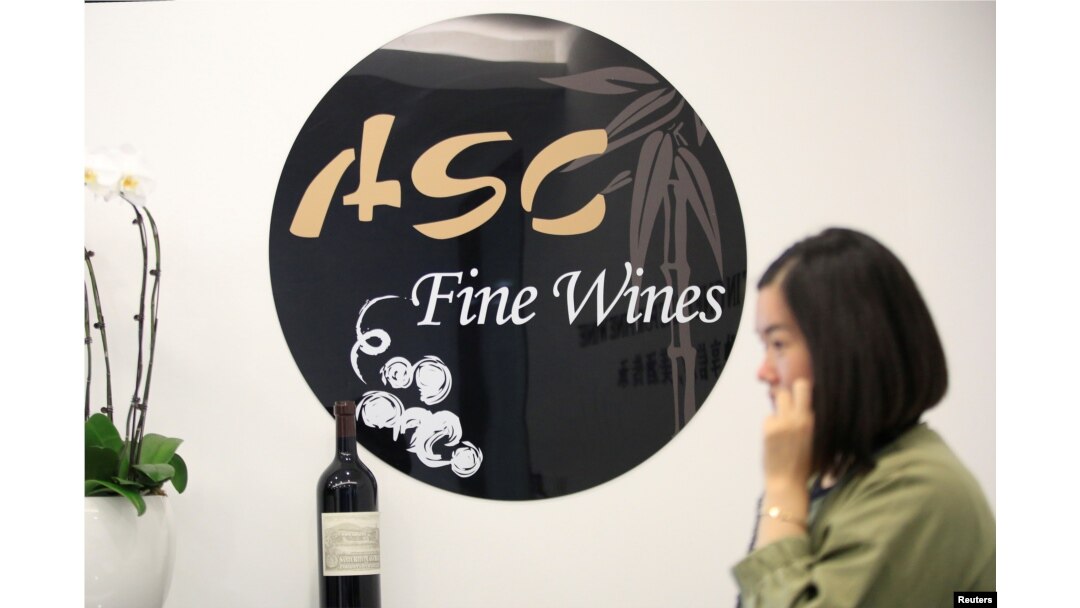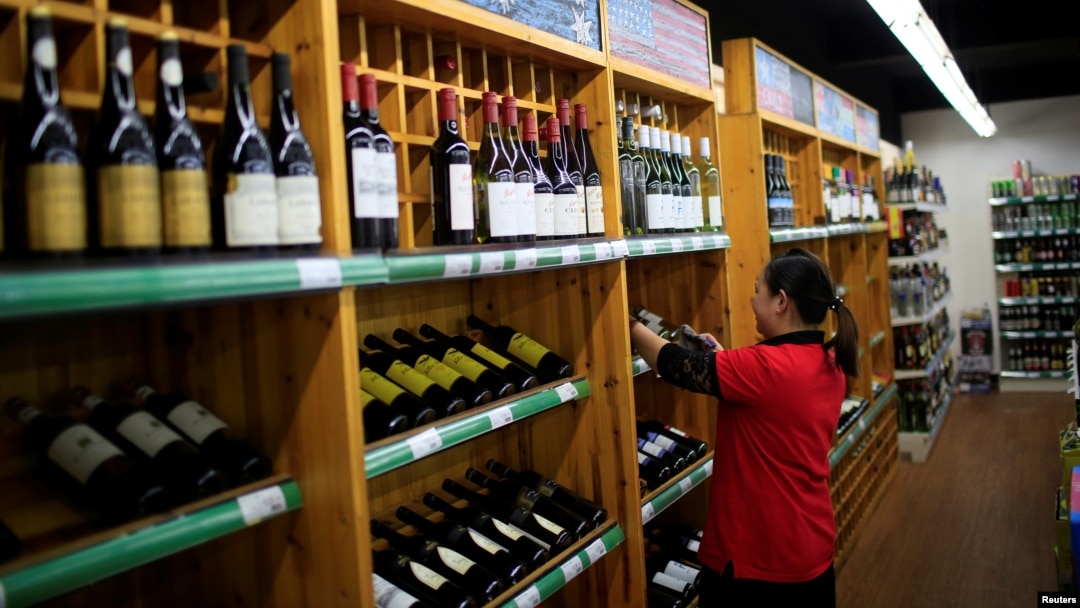Wu Zhendong sees himself as something of a wine buff. The 25-year-old lawyer from China's western city of Chengdu is a member of his local wine club, likes to drink Chateauneuf-du-Pape, and now, like many of his peers, buys most of his wine online.
Wu reflects a major shift in China's $14.2 billion wine market, where increasingly price-savvy shoppers are driving a boom in online trade, upending the fast-growing market that has long been dominated by large-scale importers.
China's wine market, hit hard by Beijing's crackdown on ostentatious spending and corruption in 2012, is starting to show signs of revival but lavish spending by China's wealthy elite has been replaced by more prudent consumption.
"The rich and famous don't want to be seen consuming and they don't want to buy here, they want to buy in Hong Kong or elsewhere," Bruno Baudry, chief executive of China's largest traditional wine importer ASC Fine Wines, told Reuters.
Suntory Group-owned ASC is increasing its sales online and recently strengthened a tie-up with e-commerce giant Alibaba Group Holding Ltd., said Baudry. "We are not an e-commerce company ... but it's an important vector of growth."
Still ASC, which grew fast as Chinese buyers boomed in the early 2000s, has taken a hit: Sales were down 9 percent last year, even as the imported wine market rose by around a third.

A woman walks past a sign of ASC Fine Wines at its headquarters in Shanghai, China, June 3, 2016.
Baudry hopes the firm's new strategies will help it grow sales 3 percent this year, still slower than the wider market.
"The market is recovering but it has changed tremendously," said Guillaume Deglise, chief executive of wine trade fair Vinexpo, adding that thinner margins meant larger firms with big overheads were having to trim down their costs.
"The market used to be driven by the big boys. These guys are now struggling."
Price-driven market
As Chinese economic growth slows and more cost-conscious consumers opt for cheaper wines, big traditional importers are having to re-think strategies to take on nimbler local rivals.
Logistics firms, small importers and wine makers are also tapping the online market to prune costs and reach more directly to China's vast market, long seen as a goldmine for vineyards from Bordeaux to the Barossa.
"Big companies are struggling because low-cost, smaller firms have the advantage, especially with the market completely driven by price," said Johnny Yang, Shanghai-based head of small importer Wines Direct.
Lawyer Wu, for example, said he now bought around 80 percent of his wine online — including from specialist platform Wineyun.com — because of lower prices and a wider selection than local physical stores.
The market's rapid change is part of a wider boom in e-commerce in China, where a mix of tech-savvy shoppers and a surge of e-commerce investment from taxi hailing to fast-food has created an explosive online market.
Major online players like JD.com Inc and Alibaba's Tmall have also got into the market, selling a combined 45 million bottles of wine last year.
That's hit the likes of ASC, which has seen sales of luxury French "Grand Cru Classe" wines halve since 2012 and a major client, Australian winery Treasury Wine Estates Ltd., opt to pull its entire business from July to work more directly with Chinese wholesalers and online channels.
Treasury declined to comment for this story.
"Most of [last year's] growth was driven by lower-end wine imported by smaller Chinese companies and logistics firms and then sold online," said Tommy Keeling, analyst at alcohol market research firm IWSR.
Hunter Valley
In Australia's Hunter Valley, boutique wine makers like Bill Sneddon are creating another challenge to big importers. With a crackdown on tax incentives at home, Sneddon and others are looking to export more to China via small traders and the web.
"We're all hanging our hat on China and we all rely on growth coming out of the Chinese market," Sneddon, chief winemaker at Allandale Winery, told Reuters.
Allandale produces around 25,000 cases of wine a year and China has now overtaken the United States and the United Kingdom as its major export market, Sneddon added.
Printhie Wines, another Australian winery, is working with a partner on online sales in China, a channel it said that was getting "bigger and bigger."
These channels will help tap consumers like Mr. Shen, 61, a university professor in eastern Hangzhou, who used to buy wine at local supermarkets but has in the last few years embraced the online craze. He now uses JD.com and Tencent Holding Ltd.'s social media platform WeChat.
"I can now pay at the press of a button with things like WeChat Pay. It's just so easy," he said.


